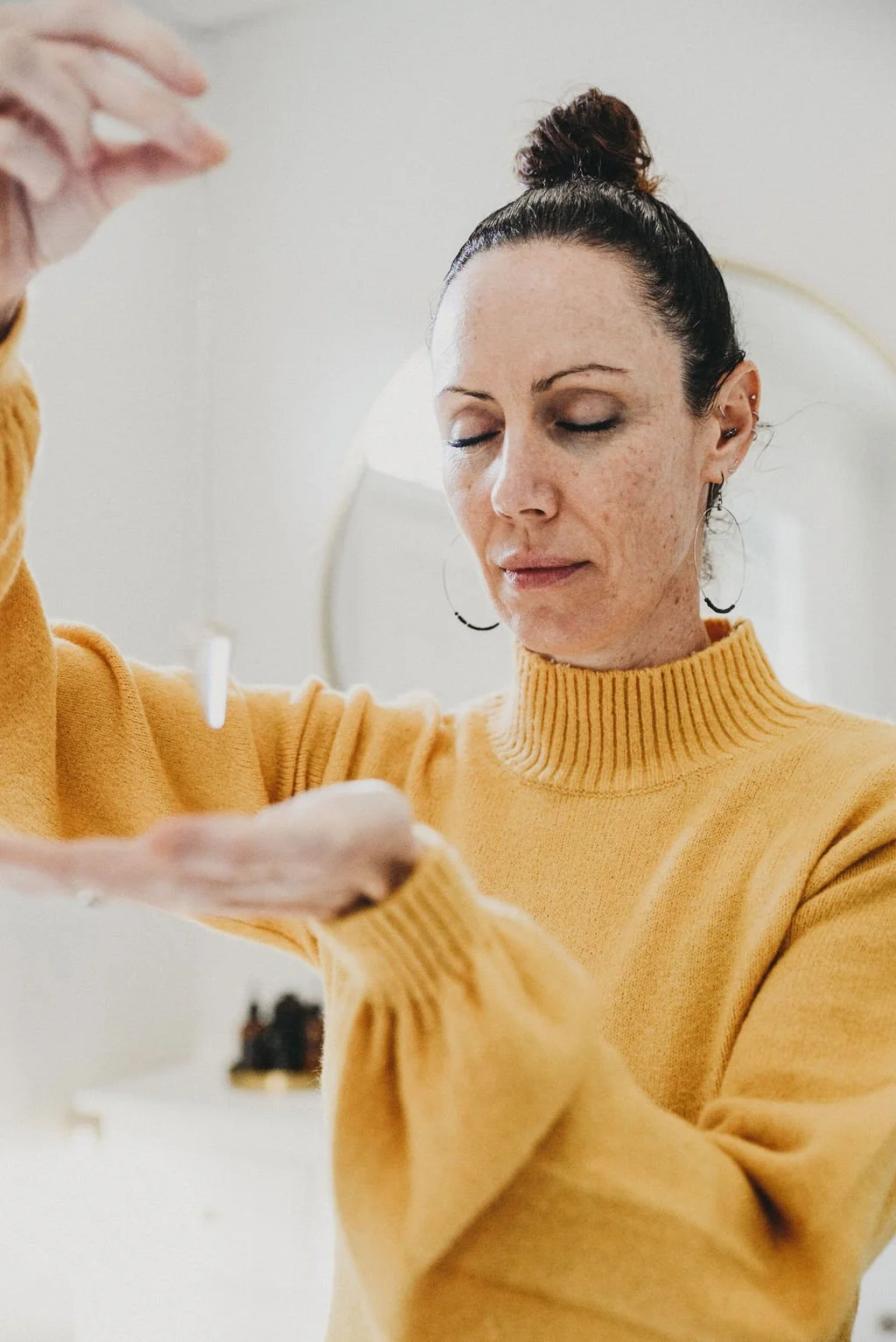Finding a Spiritual Director: 5 Questions to Ask Before You Begin
Author: Cristin D, Smith, Founder, Spiritual Director & Life Coach
Spiritual direction has become an important part of holistic health and wellness, especially in times of stress, uncertainty, or transition. Unlike therapy, which often focuses on emotional or psychological healing, spiritual direction provides a reflective space to explore deeper meaning, faith, values, and purpose. For those in San Diego and beyond, connecting with holistic health practitioners who offer spiritual direction can be a valuable way to support both physical health and spiritual resilience.
If you’re considering beginning this journey, knowing how to choose the right spiritual director is essential. Below, we explore five key questions to ask before you begin, helping you find the right fit for your wellness and holistic healthcare needs.
1. What Training and Background Do You Have in Spiritual Direction?
Not all practitioners offering spiritual guidance are formally trained in spiritual direction. While lived experience is valuable, formal training ensures a director understands how to guide reflective conversations without imposing beliefs or pushing their own agenda. Many holistic health practitioners who provide spiritual direction undergo certification programs or graduate-level training.
Asking about background ensures that your sessions are led by someone with the skills, professionalism, and sensitivity required. It also allows you to learn if they specialize in a particular approach, whether rooted in faith traditions, interfaith perspectives, or non-religious spirituality.
2. How Does Spiritual Direction Differ from Therapy or Counseling in Your Practice?
This is a critical question, since therapy and spiritual direction often overlap in addressing stress, emotional struggles, and life challenges. Therapy generally focuses on mental health, behavior, and psychological wellness, while spiritual direction is about cultivating awareness of your relationship with God, the divine, or inner wisdom.
A trained spiritual director should be able to clearly articulate this difference. This helps set healthy boundaries and ensures you are accessing the right form of holistic healthcare. In San Diego, many wellness centers—including those offering therapy, massage, and acupuncture—incorporate spiritual direction as part of an integrative care model.
3. What Is Your Approach to Different Faith Backgrounds and Beliefs?
Holistic health is inclusive by nature, and spiritual direction should also be accessible regardless of religious tradition. Ask potential spiritual directors how they work with people from diverse backgrounds. Do they welcome those who identify as spiritual but not religious? Are they comfortable supporting interfaith perspectives?
Their response will give you insight into whether they can provide a safe, non-judgmental space for you to explore your spiritual journey. The best directors act as companions rather than authorities, encouraging your personal growth without prescribing a rigid path.
4. What Does a Typical Spiritual Direction Session Look Like?
Spiritual direction sessions vary depending on the director and directee, but generally they involve quiet reflection, attentive listening, and guided questions. Some may incorporate mindfulness practices, meditation, or breathwork to reduce stress and support deeper awareness.
It’s helpful to ask about session length, frequency, and whether the director integrates other holistic healthcare modalities. For example, some may collaborate with other holistic health practitioners—such as acupuncturists, nutritionists, or therapists—to create a broader wellness plan. In San Diego, this integrative model is common, ensuring clients receive whole-person care.
5. How Will We Measure Growth or Progress Together?
While spiritual direction is not goal-driven in the same way as therapy, it’s still important to ask how your director views growth. Progress in spiritual direction often looks like increased peace, resilience in uncertainty, deeper self-awareness, and greater connection to purpose.
A professional director should be able to help you reflect on changes over time, even if those changes are subtle. Asking this question ensures you and your director are aligned on expectations and outcomes, making your sessions more meaningful.
Choosing the Right Spiritual Director
Finding the right spiritual director is about more than credentials—it’s about connection, trust, and alignment with your holistic health goals. By asking these five questions, you can identify a practitioner who not only understands spiritual direction, but also respects your individuality and supports your overall wellness. Whether you are seeking clarity during times of stress, balance in daily life, or deeper spiritual grounding, the right director can help you navigate the journey.
Take the Next Step with Saffron & Sage
At Saffron & Sage, we believe in holistic healthcare that integrates body, mind, and spirit. Our holistic health practitioners in San Diego provide spiritual direction as part of a comprehensive care model that also includes therapy, massage, acupuncture, and other wellness services.
If you are ready to begin spiritual direction or want to learn more about how it can support your journey, we invite you to connect with us.
Contact us today at 619-933-2340 to schedule a consultation or learn more about our holistic health services.
Find clarity, balance, and resilience with the guidance of compassionate spiritual direction—because your wellness journey deserves support on every level.

